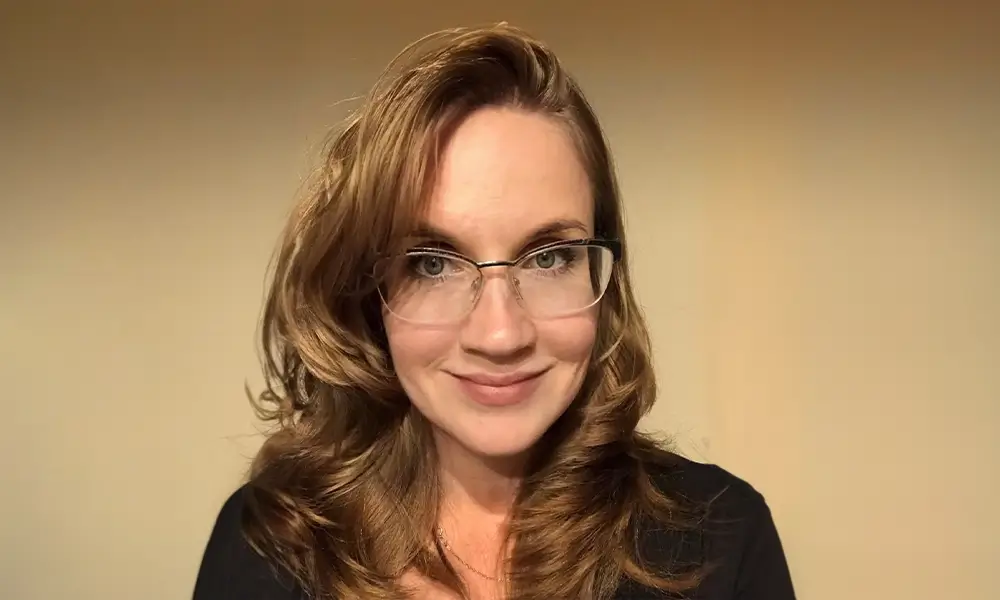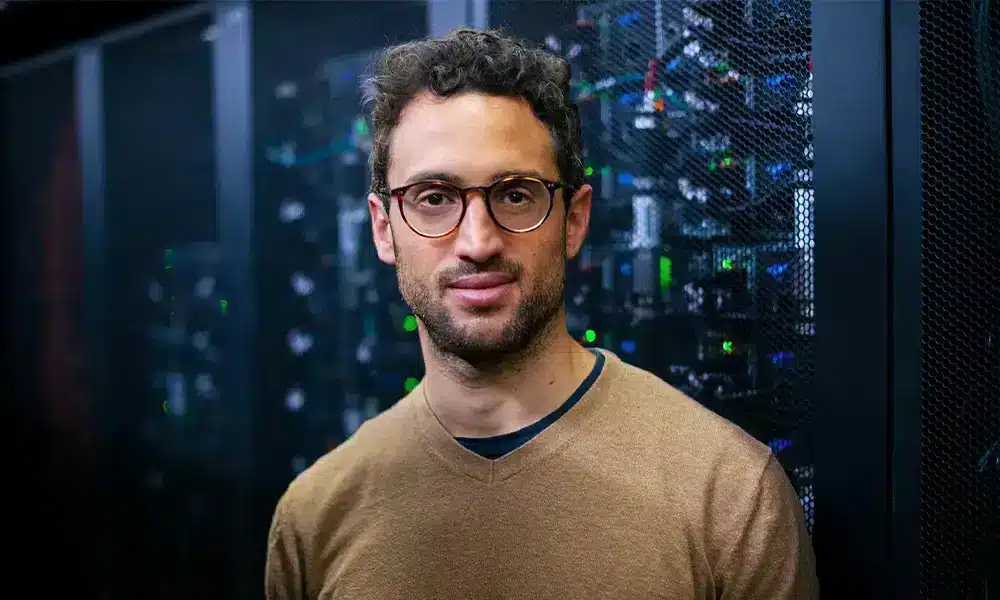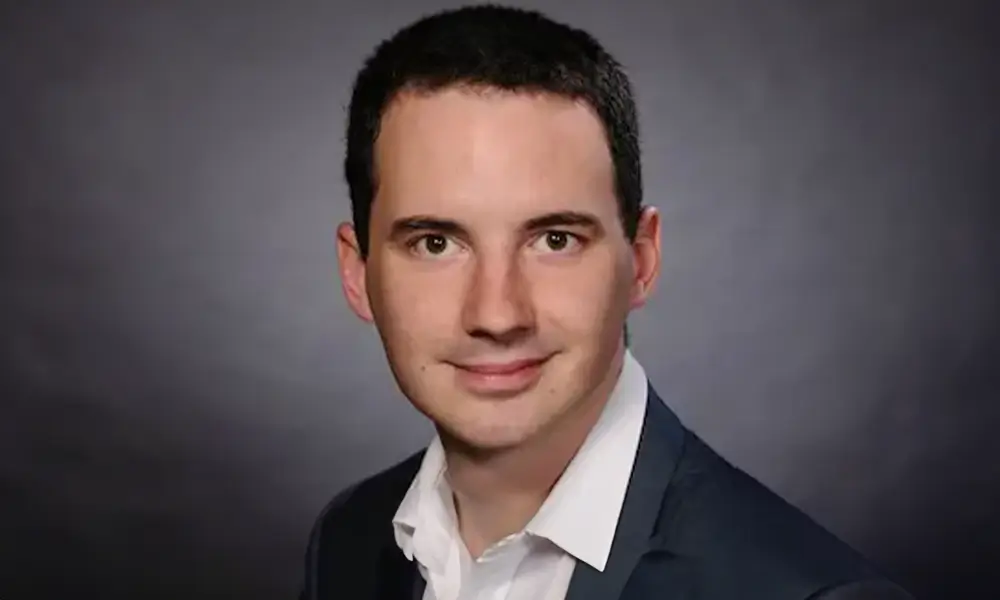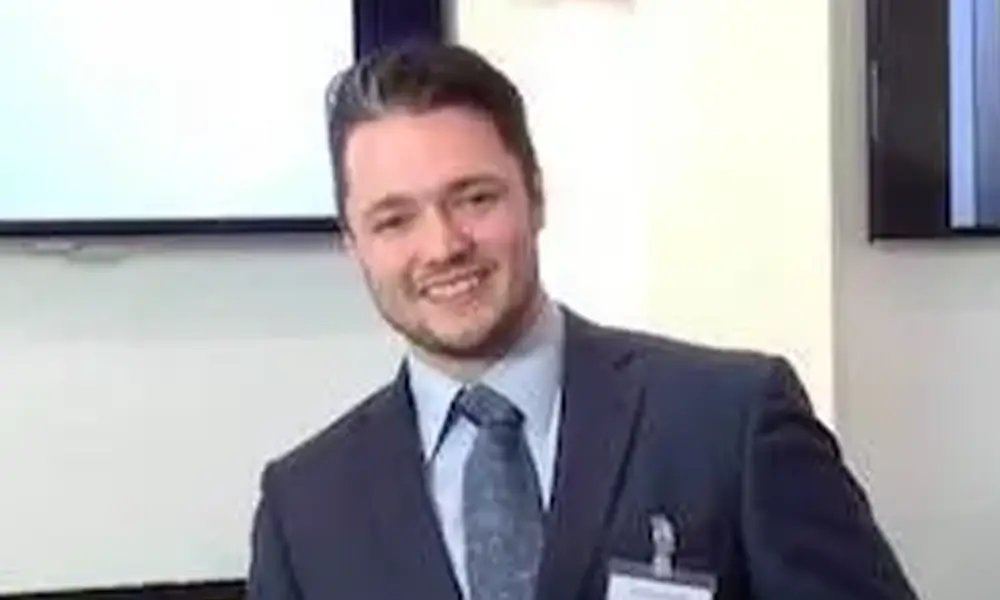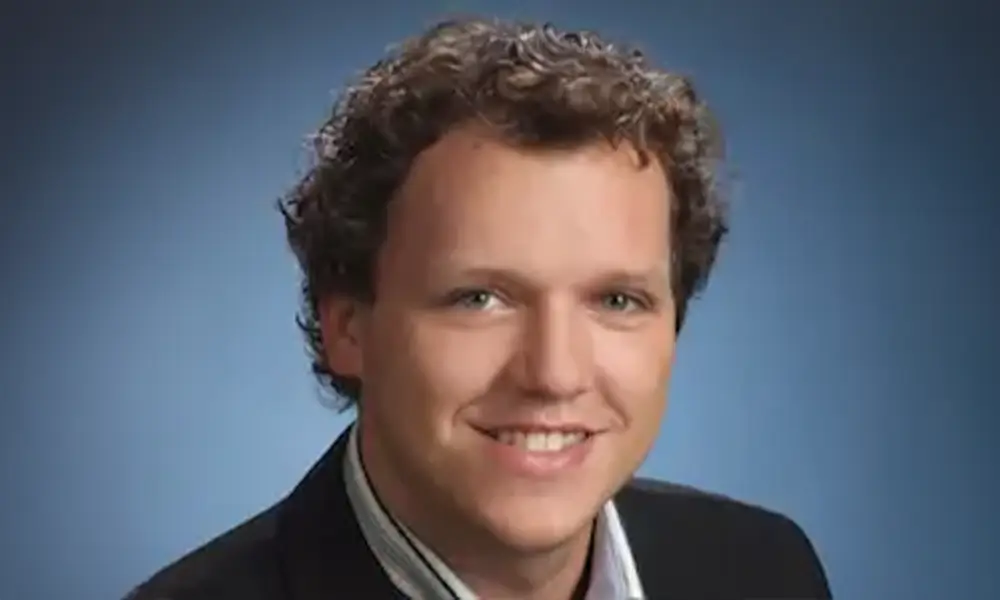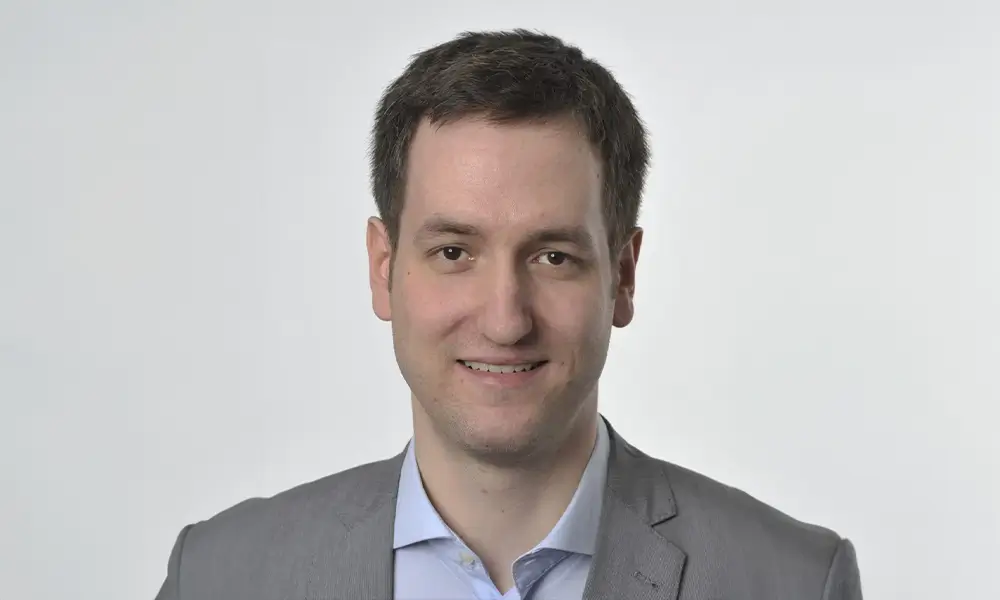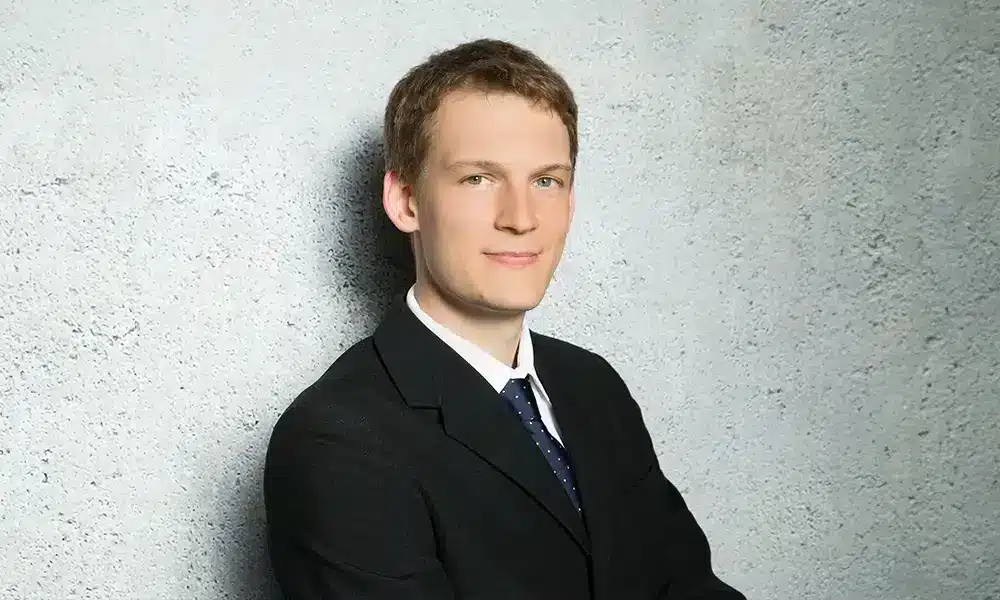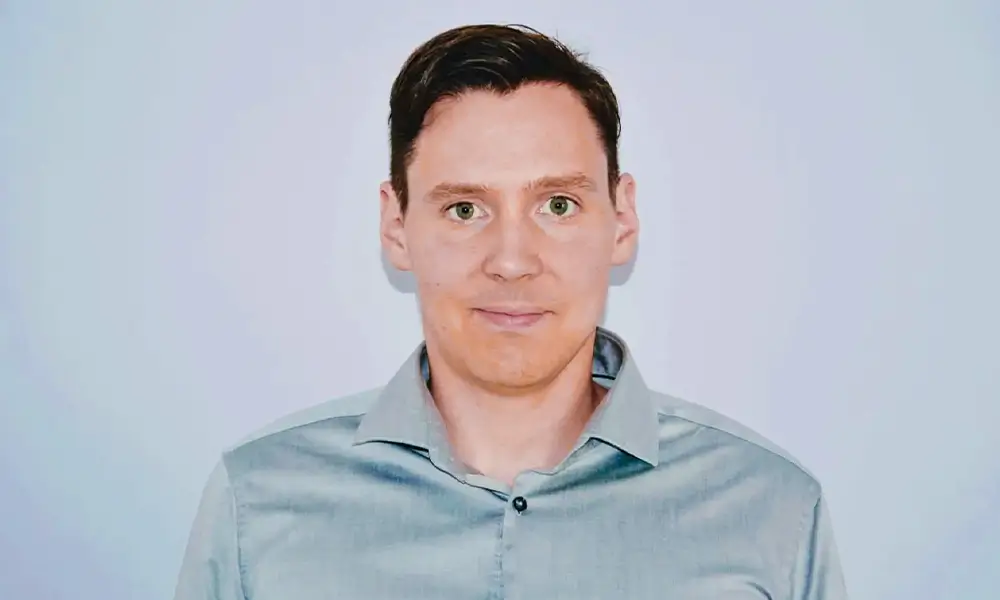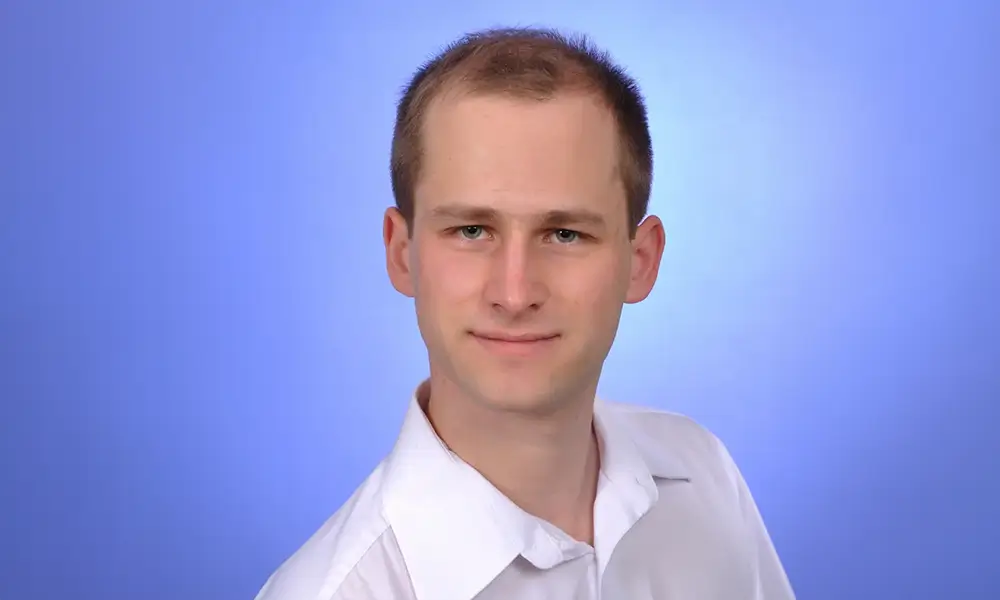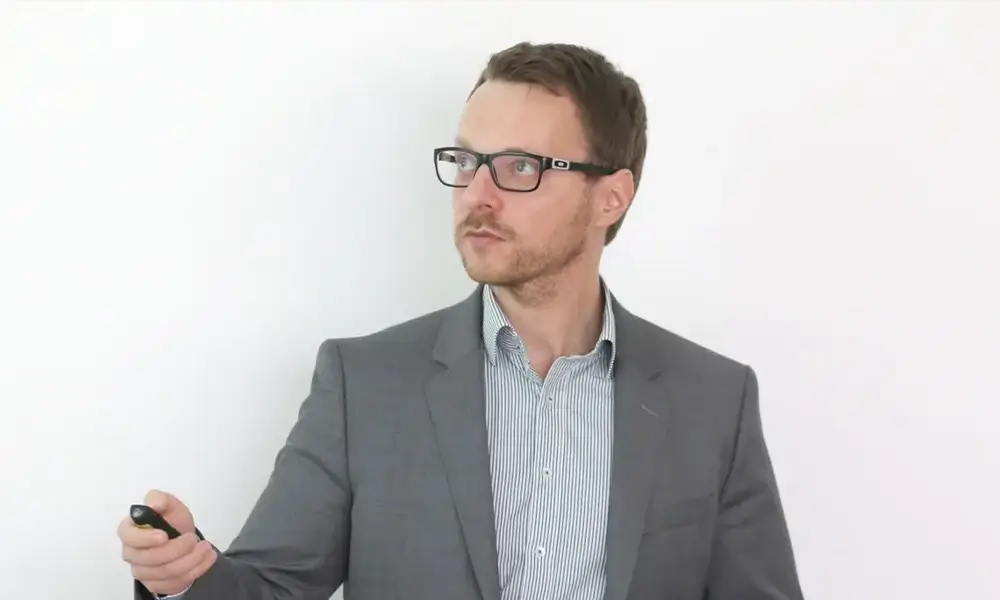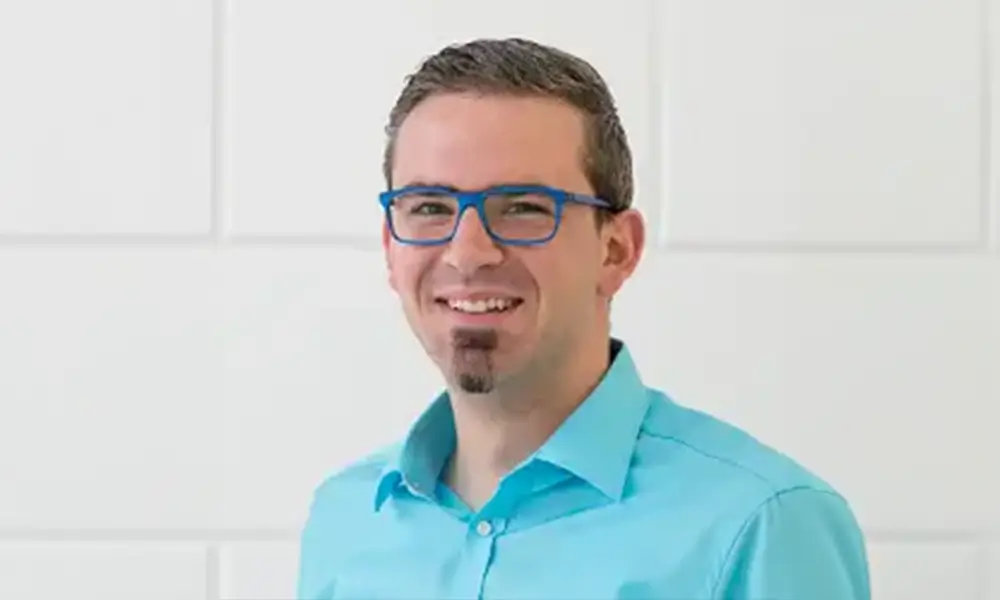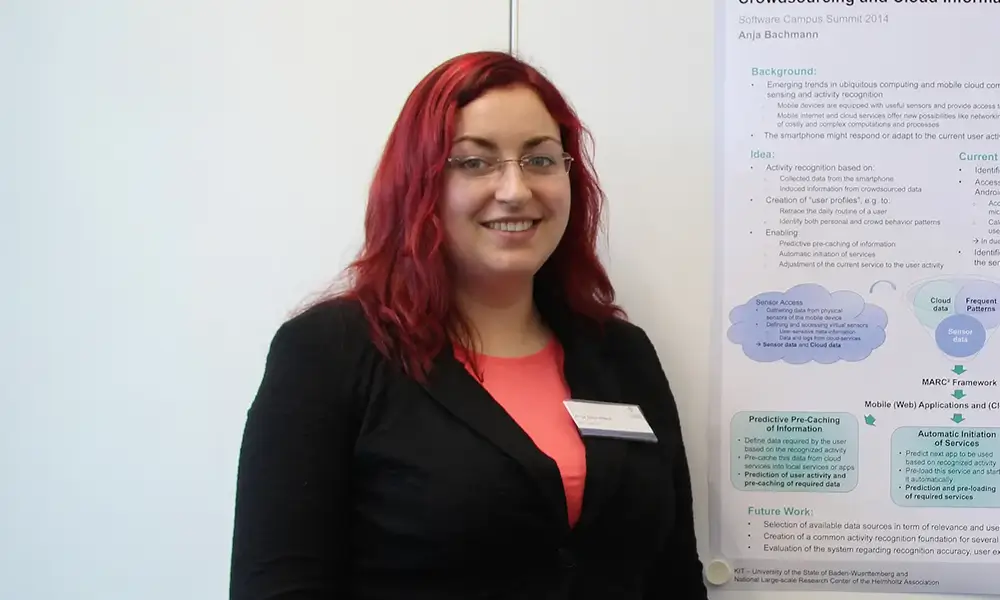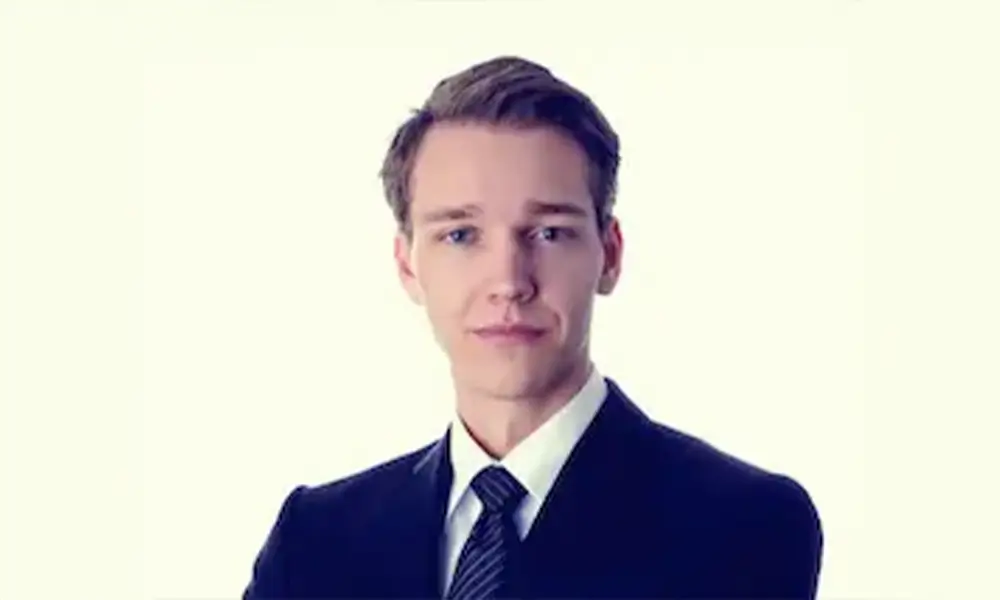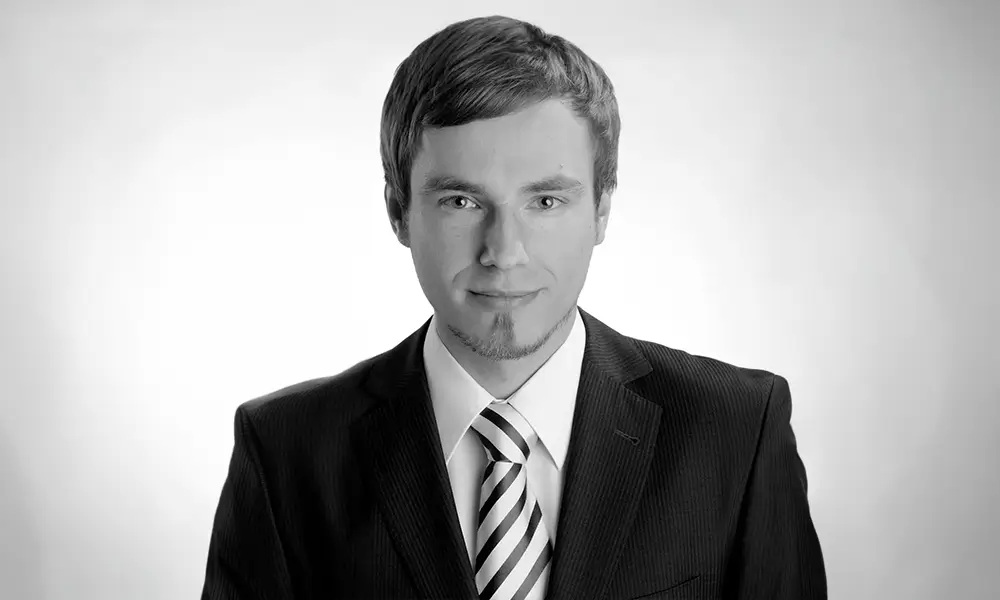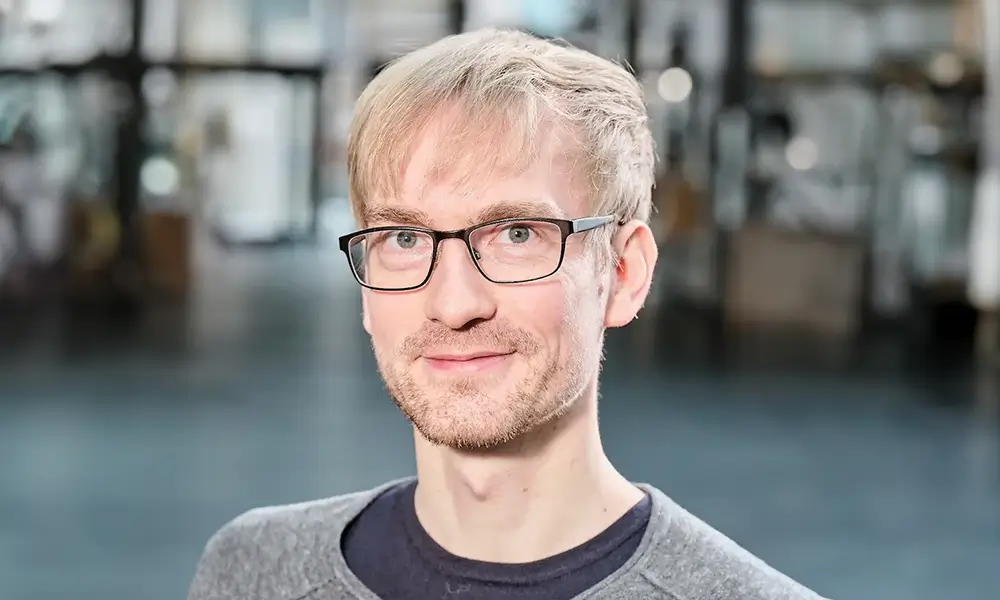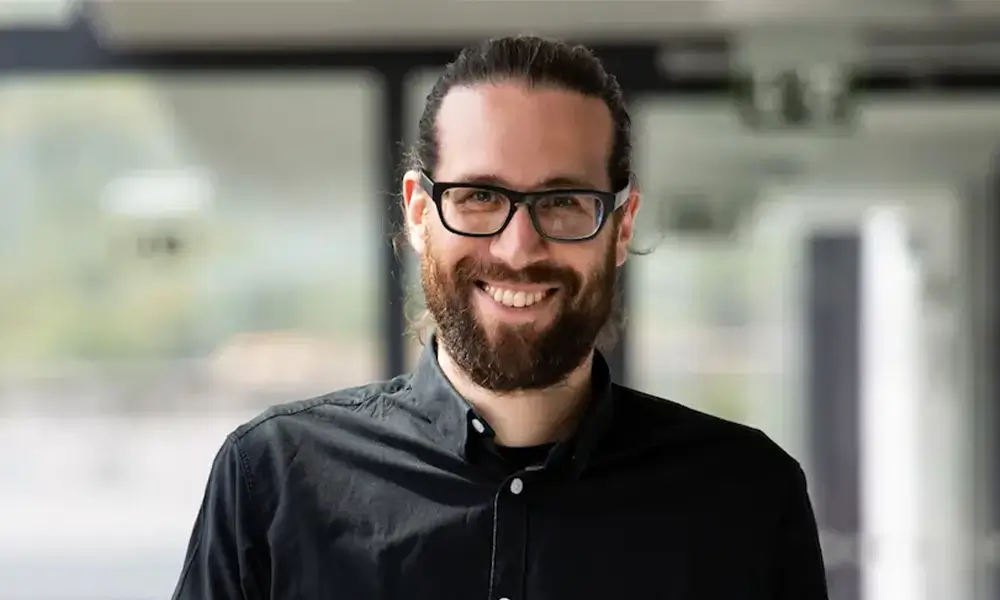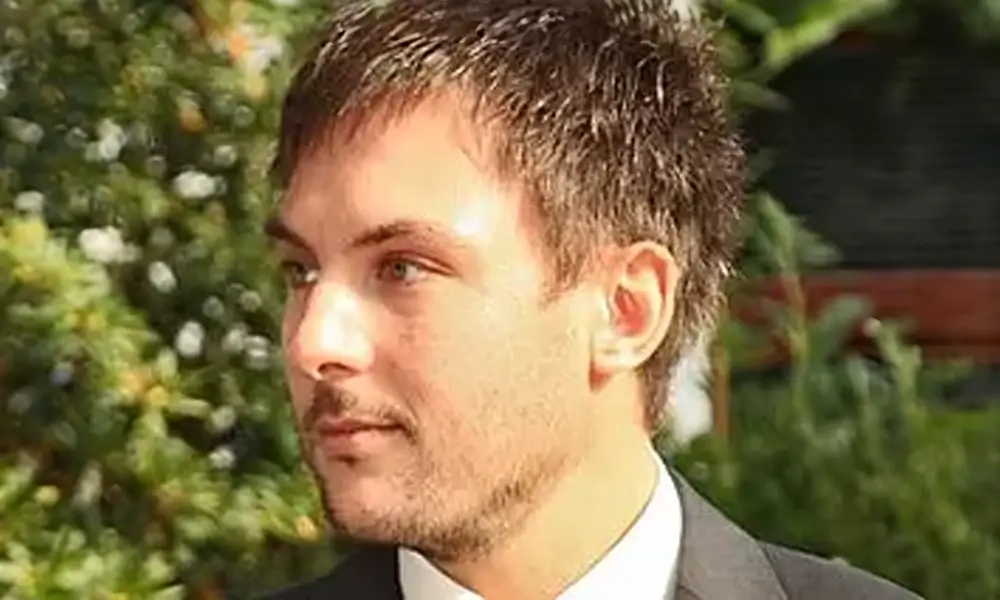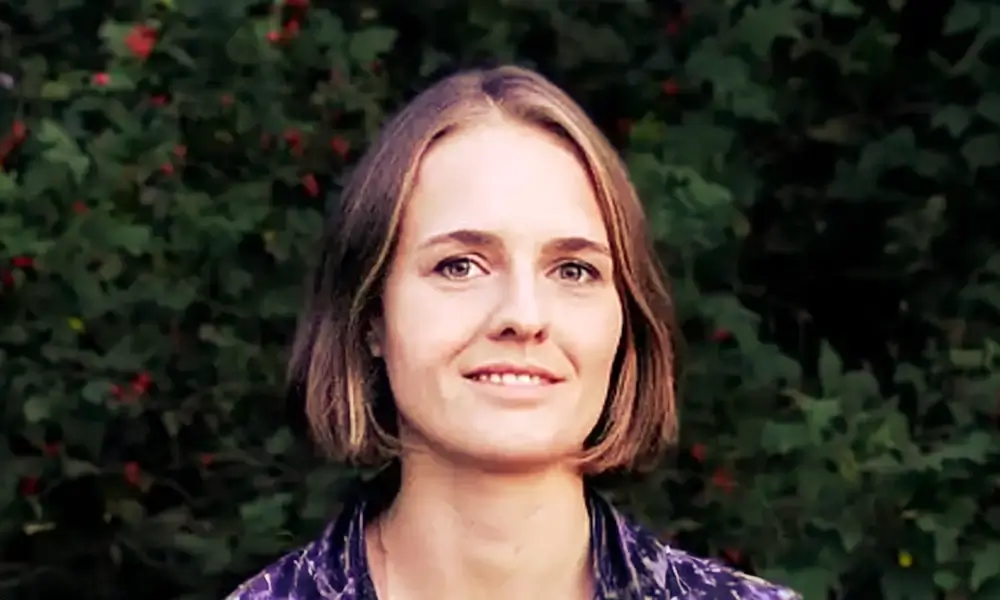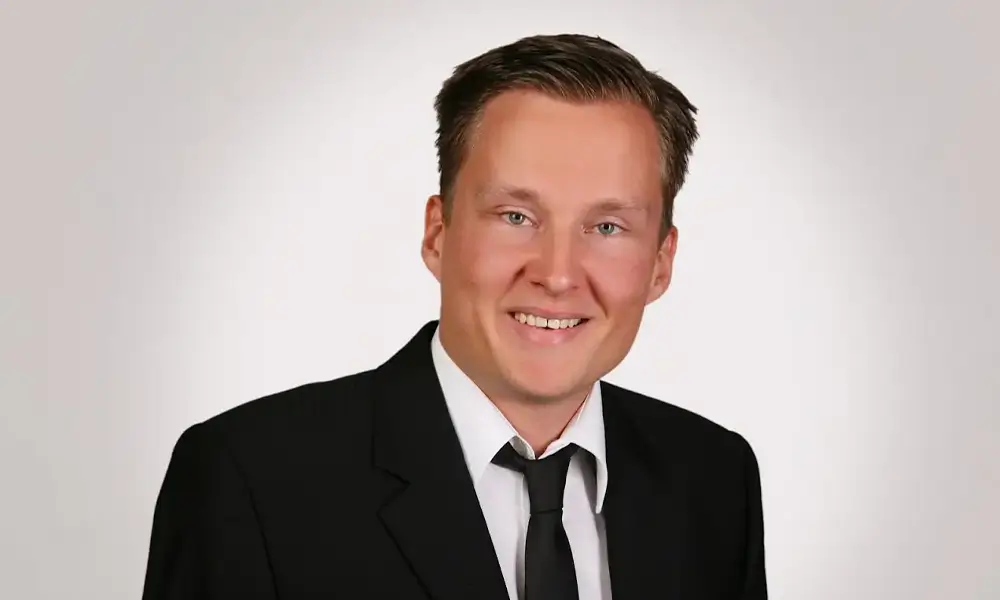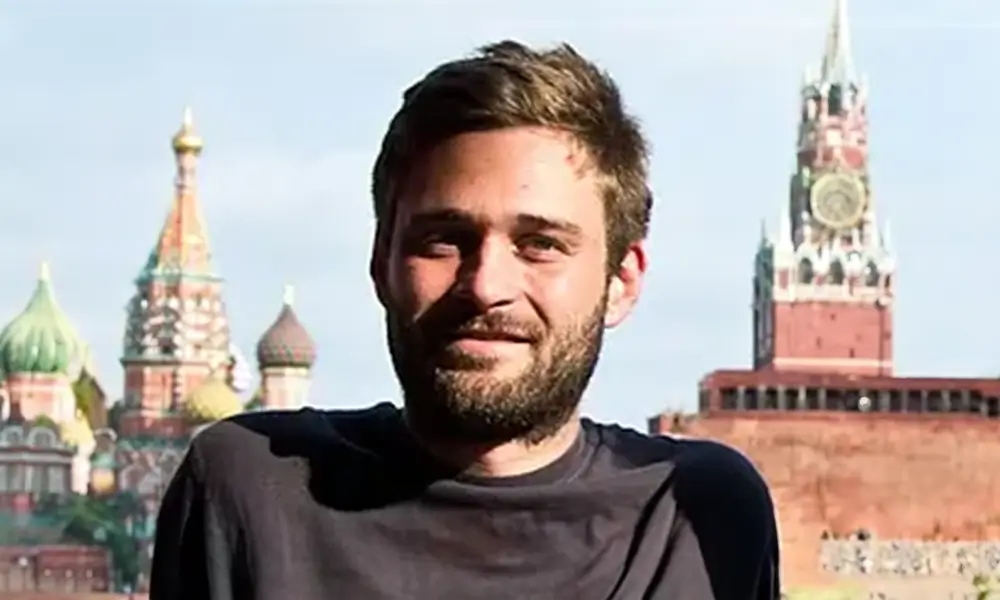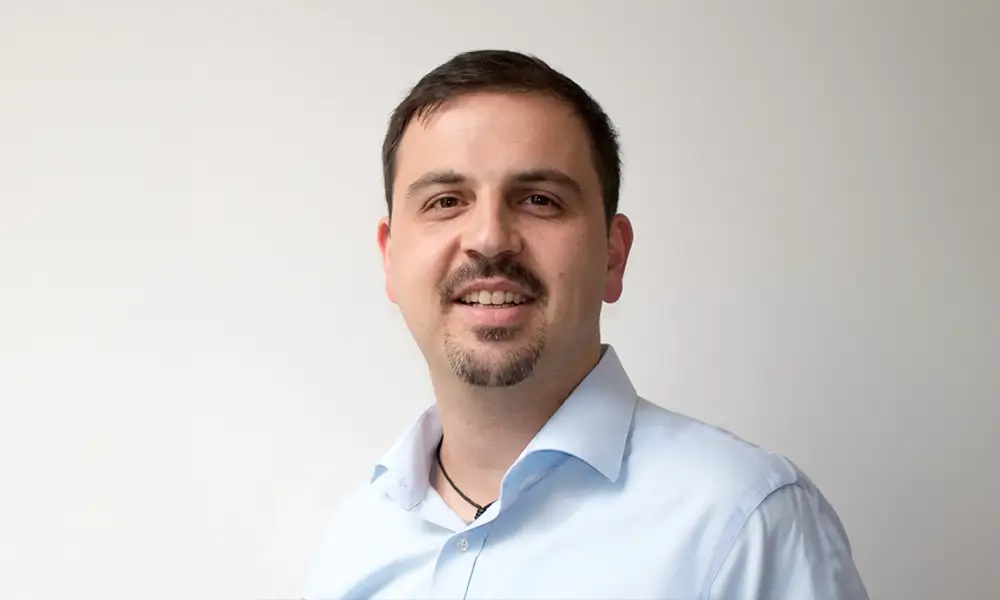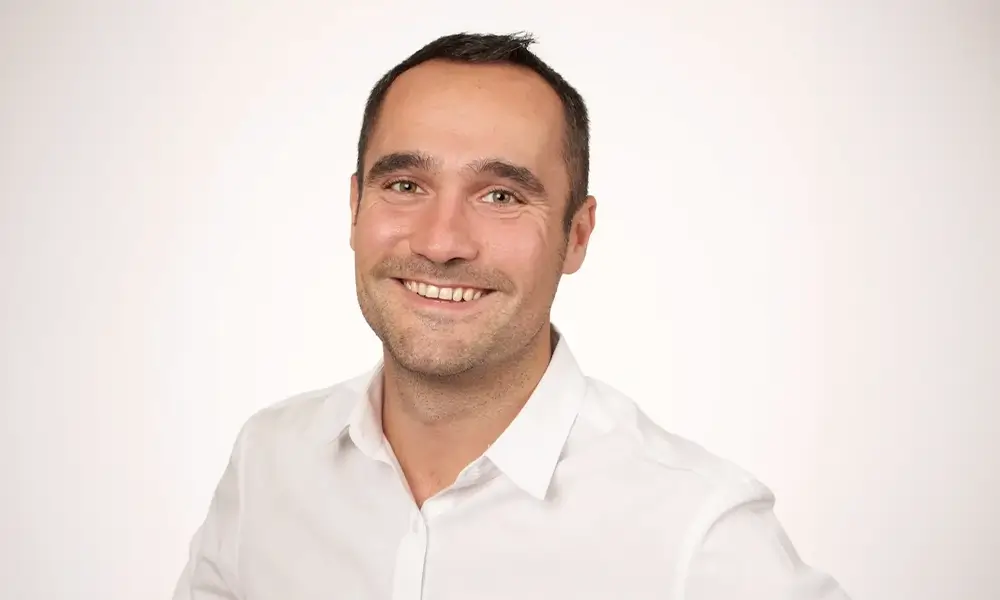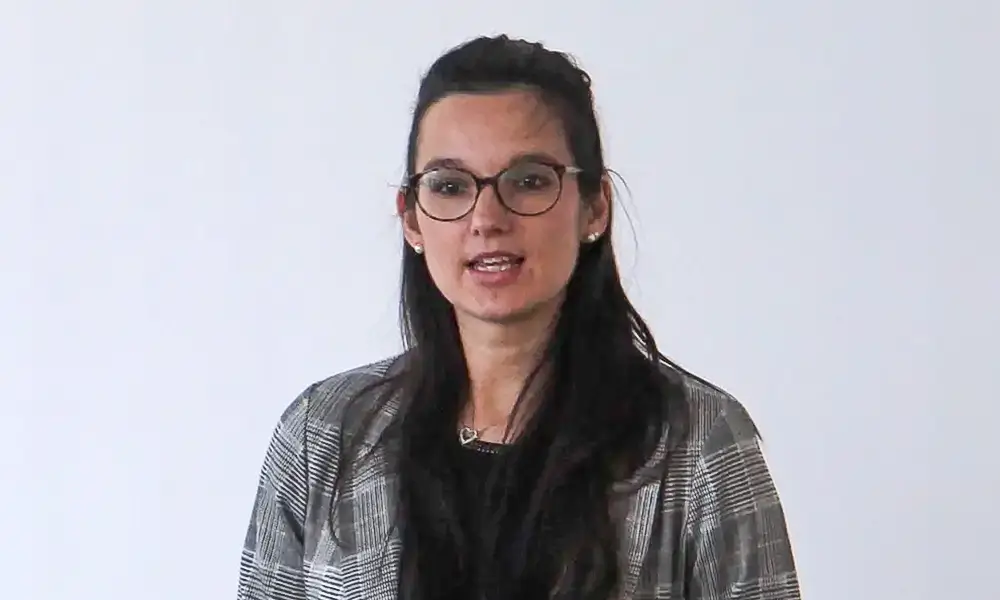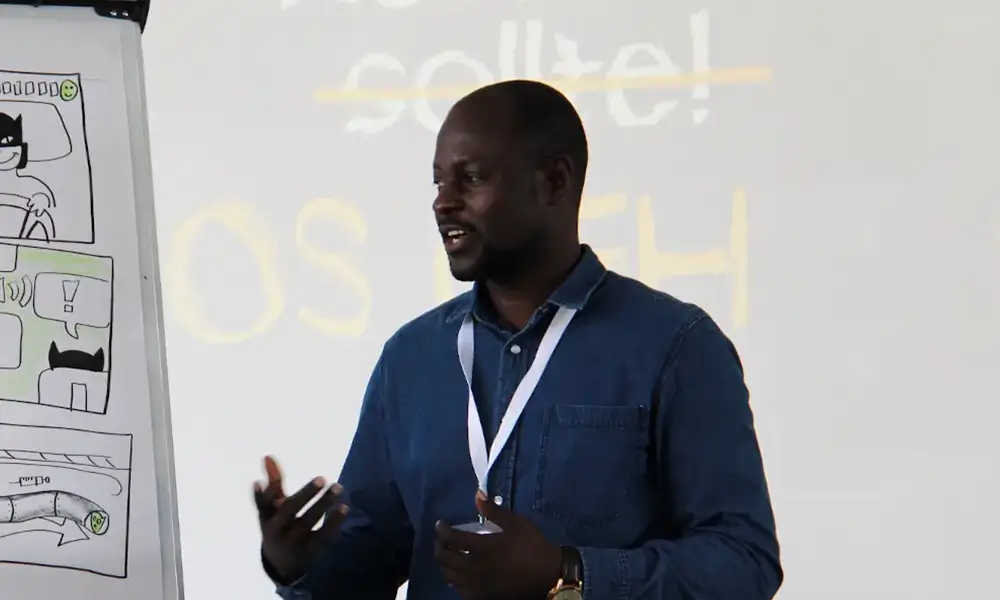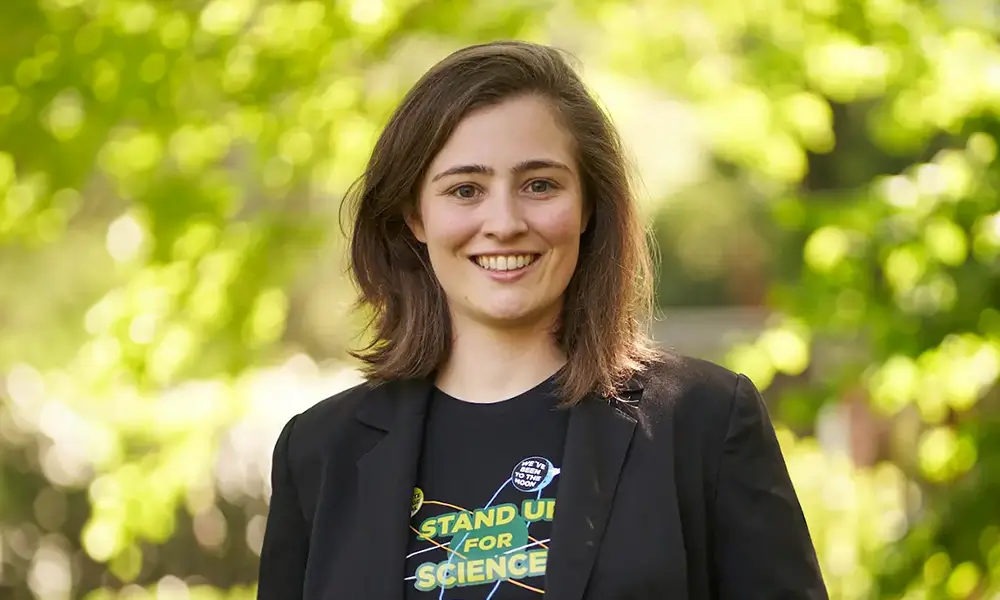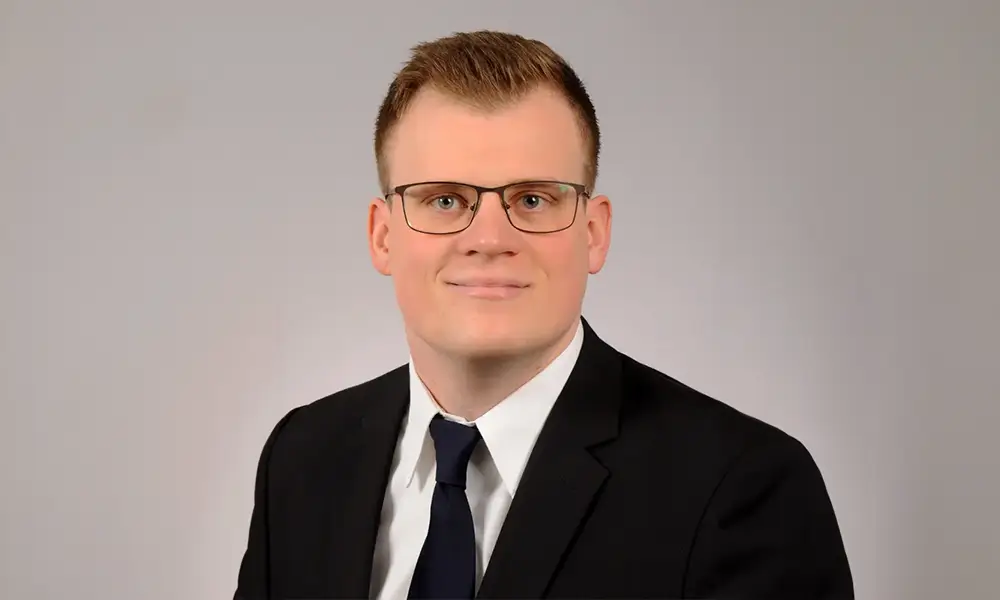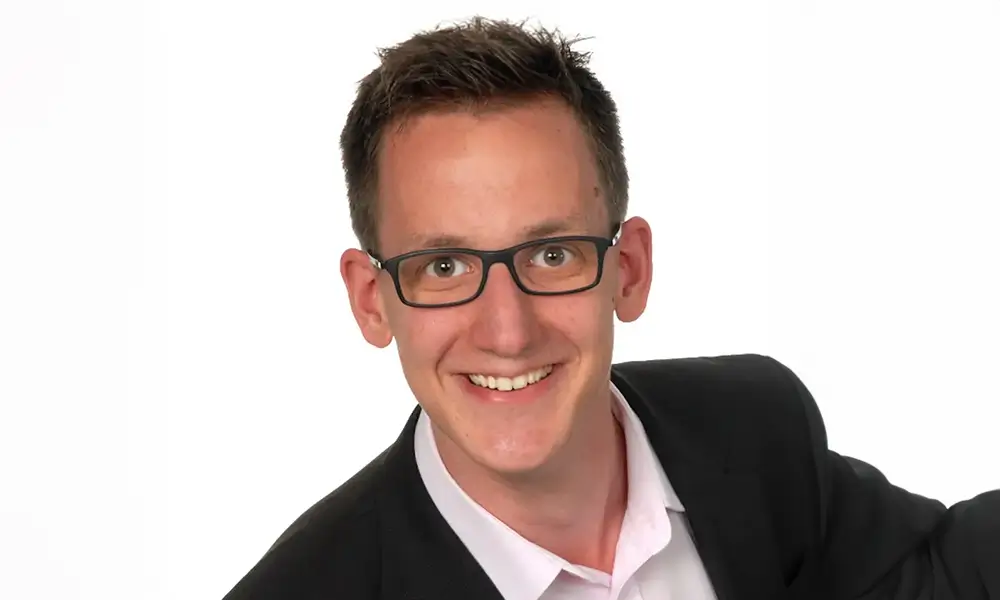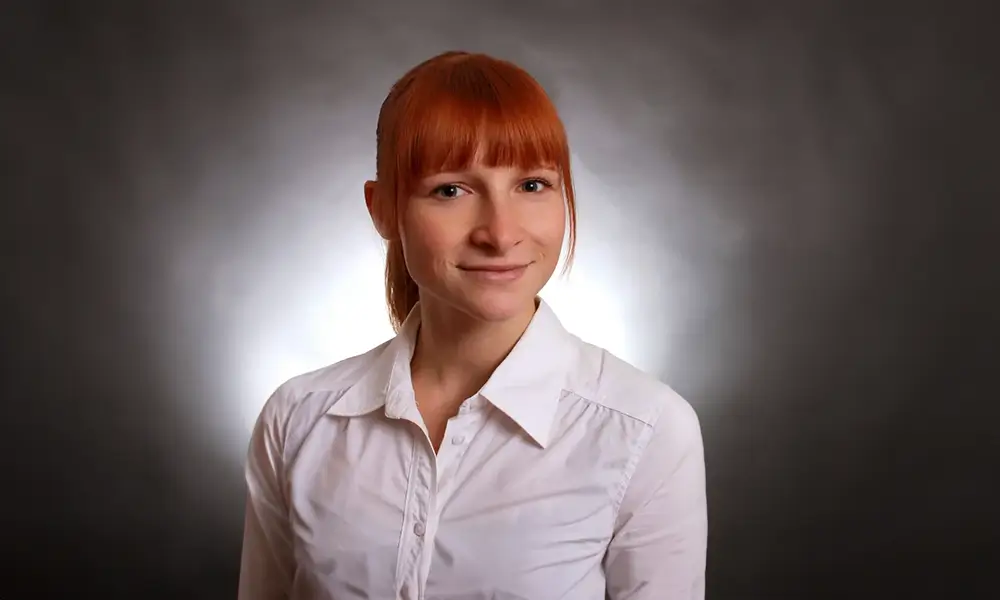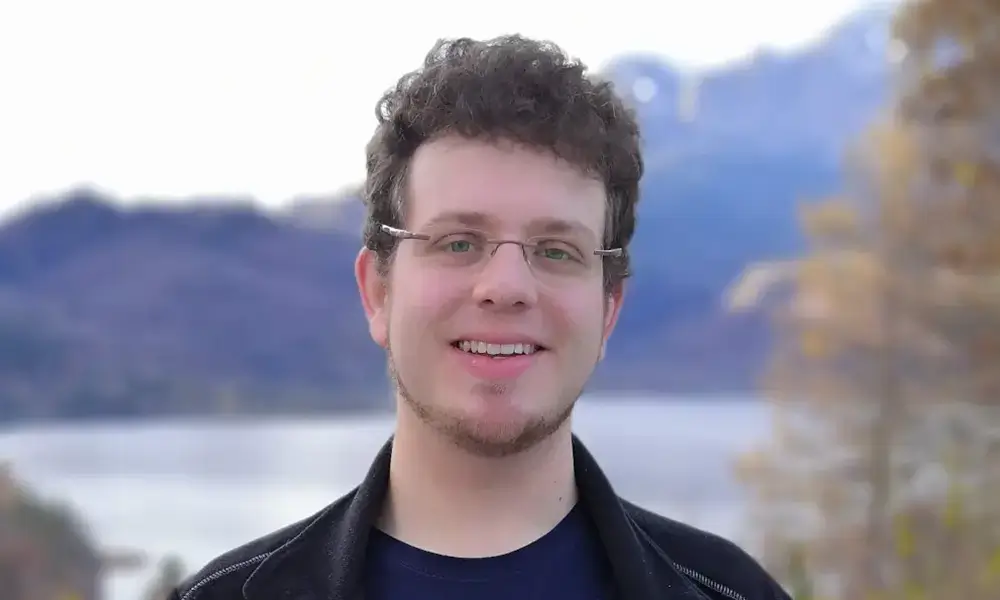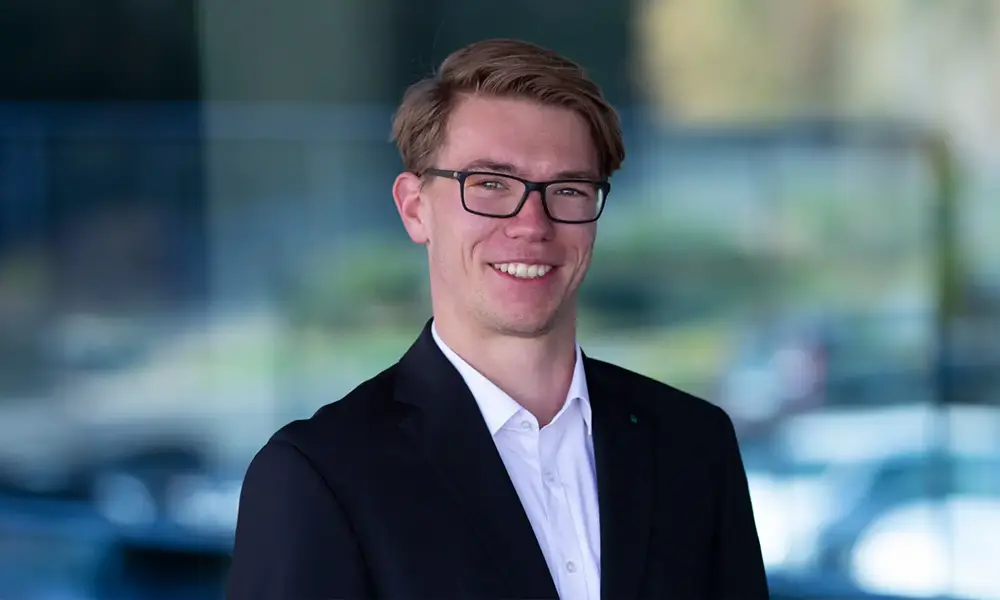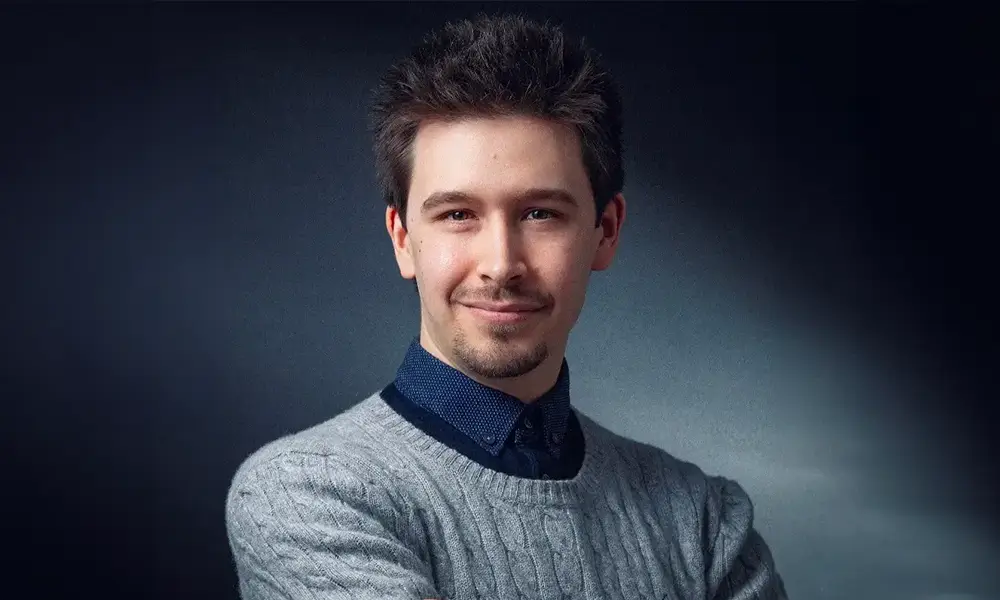Who are you and what are you doing? Who are your partners?
I am a research assistant at the Fraunhofer Institute for Secure Information Technology and also a doctoral student at the TU Darmstadt. My industrial partner at the Software Campus is Robert Bosch GmbH.
When did you join the Software Campus and why are you in the program?
I joined in 2013. I am participating because the program offers many opportunities to improve my skills and evolve through intensive training. It also offers access to a high-class network of industry and science. In addition, I can lead a collaborative project between research and industry partners and work on innovative solutions to current problems.
What do you expect from the Software Campus?
I want to learn efficient work methods and improve various skills such as leadership and social skills. I also hope to make many contacts with other participants and would like to get to know many companies from my field of research.
What is the content of your IT project and how could it be used in the future?
In my IT project, I am developing a new access control system for cars, which transforms the smartphone into a car key, together with Bosch. Smartphone-based access control promises many improvements for the user, since it offers extended functions that go far beyond conventional solutions. Electronic keys can be remotely assigned and unassigned, delegated by the user, and they support designated and time-limited access control policies, which is impossible with conventional solutions. These new features are particularly attractive for environments that require the shared access to cars by many users, such as fleet management, car rental and car sharing platforms. The research goal of this project is to investigate the different approaches to protecting digital keys stored on smartphones or available over a network. The resulting findings should take the features of modern mobile platforms into account and use novel extensions for the next generation of devices, both software and hardware.
What fascinates you about computer science?
The field of computer science has developed very rapidly in recent years and has changed our daily lives considerably. Today we carry our intelligent mobile devices with us, and communicate via various channels (email, instant messaging, social networks, etc.). Most of this was not possible ten years ago. This dynamic presents researchers with great challenges in developing secure and innovative solutions quickly and motivates the industry to invest more in research.
What did you like most about Software Campus so far?
The opportunity to solve a research problem of my choice and bring my ideas to life.
What’s your passion – besides your job and Software Campus?
My passion is travelling all over the world. I travel a lot on business (e.g. to conferences) and like to get to know new countries and people. My family is also very important to me.
In your opinion, what skills do top executives need to have today in order to be successful?
A top executive must pursue a clear strategy. They must be able to lead and have social competence, empathy and the ability to work in a team. In addition, they must value first-class work and outstanding quality.
What has been the biggest challenge you have had to face so far in your IT career?
There is a lot of competition in the IT sector. That’s why you have to perform excellently to be successful. On the other hand, I have a son to whom I have to be a good mother. That means perfect time management to bring everything under one roof.
Do you have an idol – if so, who is it?
I am fascinated by people who have become successful in the IT sector within a short period of time. These are for example Steve Jobs from Apple, Brian Acton and Jan Koum from Whatsapp or Mark Zuckerberg from Facebook. They are very intelligent, have great self-confidence, are very competent in their field and know their business. They also had a bit of luck. I want to improve my expertise through the Software Campus programs and hope to have a bit of luck in the future.
If you want to know more about Alexandra, you can visit her website at the TU Darmstadt.
